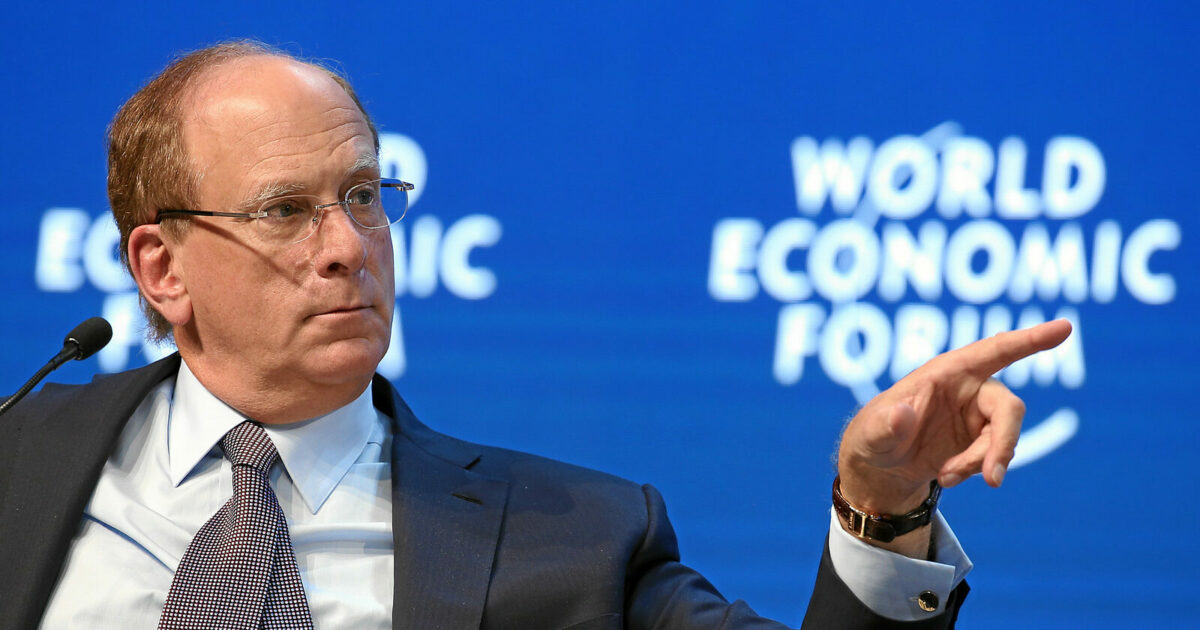
31 Mar 2022 Stakeholder Capitalism Serves the Personal Policy Preferences of CEOs
“So-called ‘stakeholder capitalism’ is neither pursued for the benefit of stakeholders nor is it any kind of capitalism at all,” writes Free Enterprise Project (FEP) Director Scott Shepard in his latest commentary for Real Clear Markets.
“When CEOs pretend to act on behalf of stakeholders,” Scott continues, “they merely enact their own personal policy preferences at company and shareholder expense, in violation of their fiduciary duties.”
Scott traces the origins of the stakeholder model from its inception by World Economic Forum founder Klaus Schwab to its eventual adoption by most major American corporations, and unpacks the fraudulent essence and adverse consequences of stakeholder capitalism’s core tenets. Having floated around in academic theory for half a century, the concept of stakeholder capitalism came into prominence in 2019 when the Business Roundtable “pretended to ‘redefine’ the purpose of the American corporation,” Scott explains.
“It is impossible to serve all stakeholders,” Scott writes, further clarifying how even BlackRock’s Larry Fink – a major proponent of stakeholder capitalism – “admitted this (however accidentally) in his most recent ‘Letter to CEOs.’”
“When CEOs, boards of directors and investment- and pension-fund managers act in their own personal policy interests instead of the interests of ultimate shareholders (i.e., capitalists), then, they have committed insurrection against those capitalists,” writes Scott.
To read the full piece and learn more about the deceptive dangers of “stakeholder capitalism,” click here.
Ethan Peck is an associate for the National Center’s Free Enterprise Project, the conservative movement’s only full-service shareholder activism and education program.




